12 GPTs for Data Parsing Powered by AI for Free of 2025
AI GPTs for Data Parsing are advanced artificial intelligence models, specifically Generative Pre-trained Transformers, optimized for analyzing and extracting information from various data formats. These tools leverage the power of machine learning to understand and process data efficiently, making them invaluable in data-intensive tasks. By automating the parsing process, they help in converting unstructured data into a structured format, facilitating easier analysis and interpretation. Their relevance lies in their ability to handle complex parsing tasks, adapt to different data structures, and provide precise, context-aware results.
Top 10 GPTs for Data Parsing are: Plugin Generator for bubble.io,Pydantic,NetAuto GPT,Purl-Codes,GPT-Friendly Document Maker,Power Automate Guru,Regex Pro,REbot,G-Cloud Python Assistant,Casa Data Dude
Plugin Generator for bubble.io
Build bubble.io plugins with AI ease

Pydantic
Streamline Your Data with AI-Powered Validation

NetAuto GPT
Empowering your network with AI automation

Purl-Codes
Empowering coding through AI
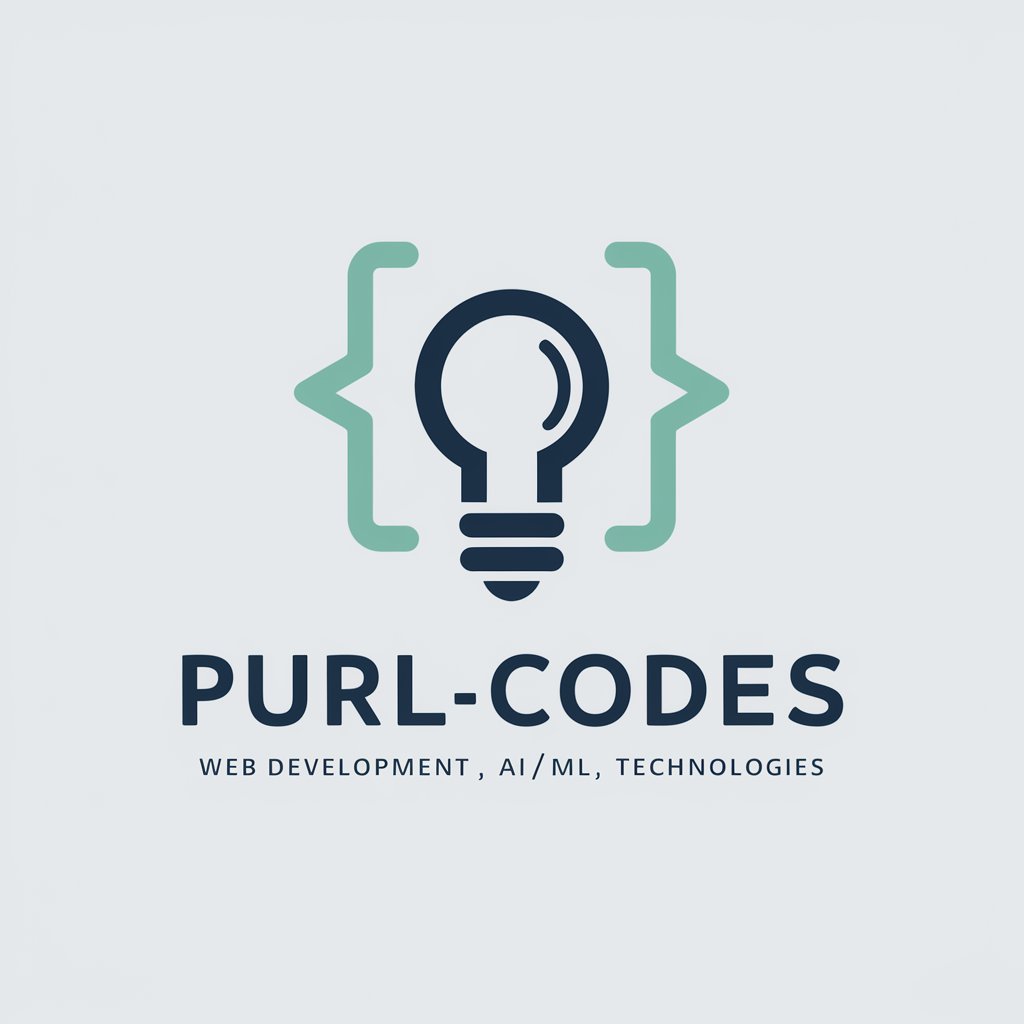
GPT-Friendly Document Maker
Streamline Text with AI-Powered Simplicity
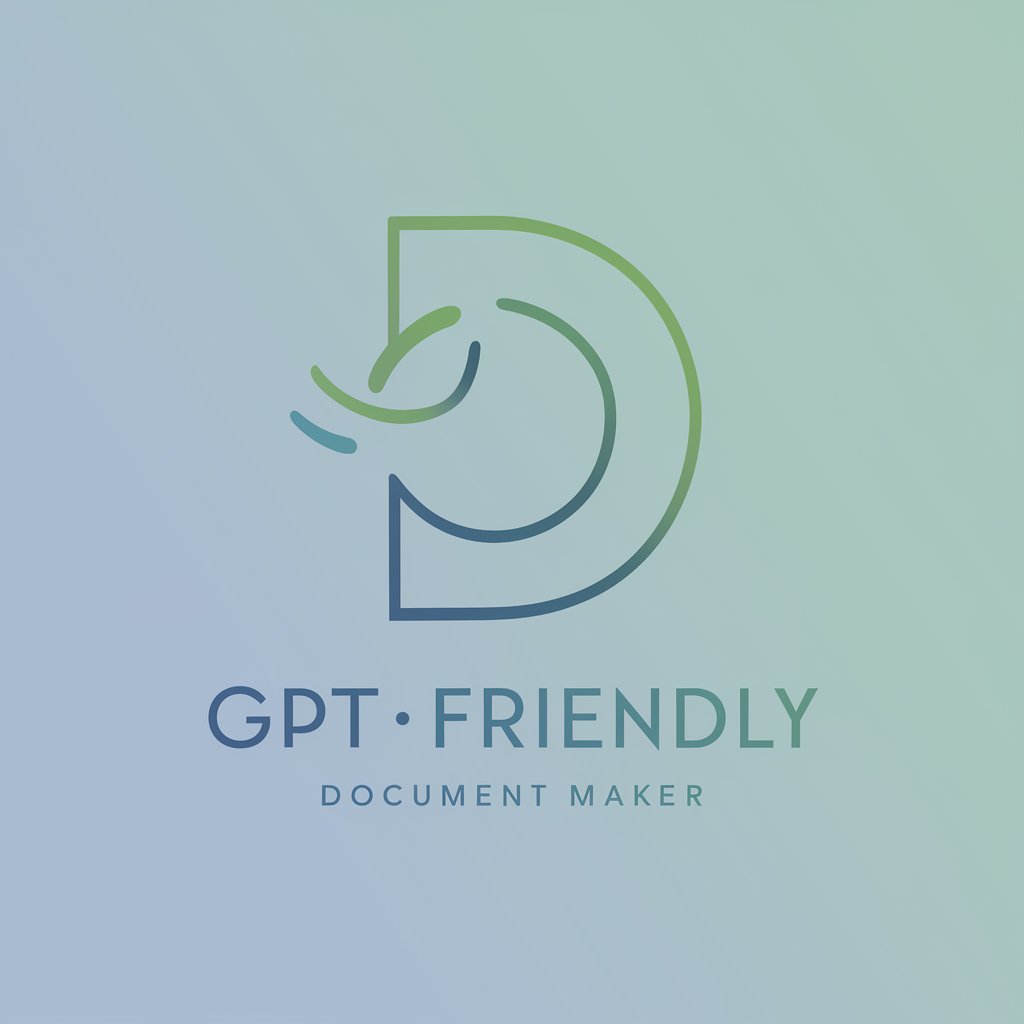
Power Automate Guru
AI-driven Power Automate Insights

Regex Pro
Crafting regex made simple with AI.

REbot
Streamlining real estate appraisals with AI

G-Cloud Python Assistant
Empowering Python Developers with AI
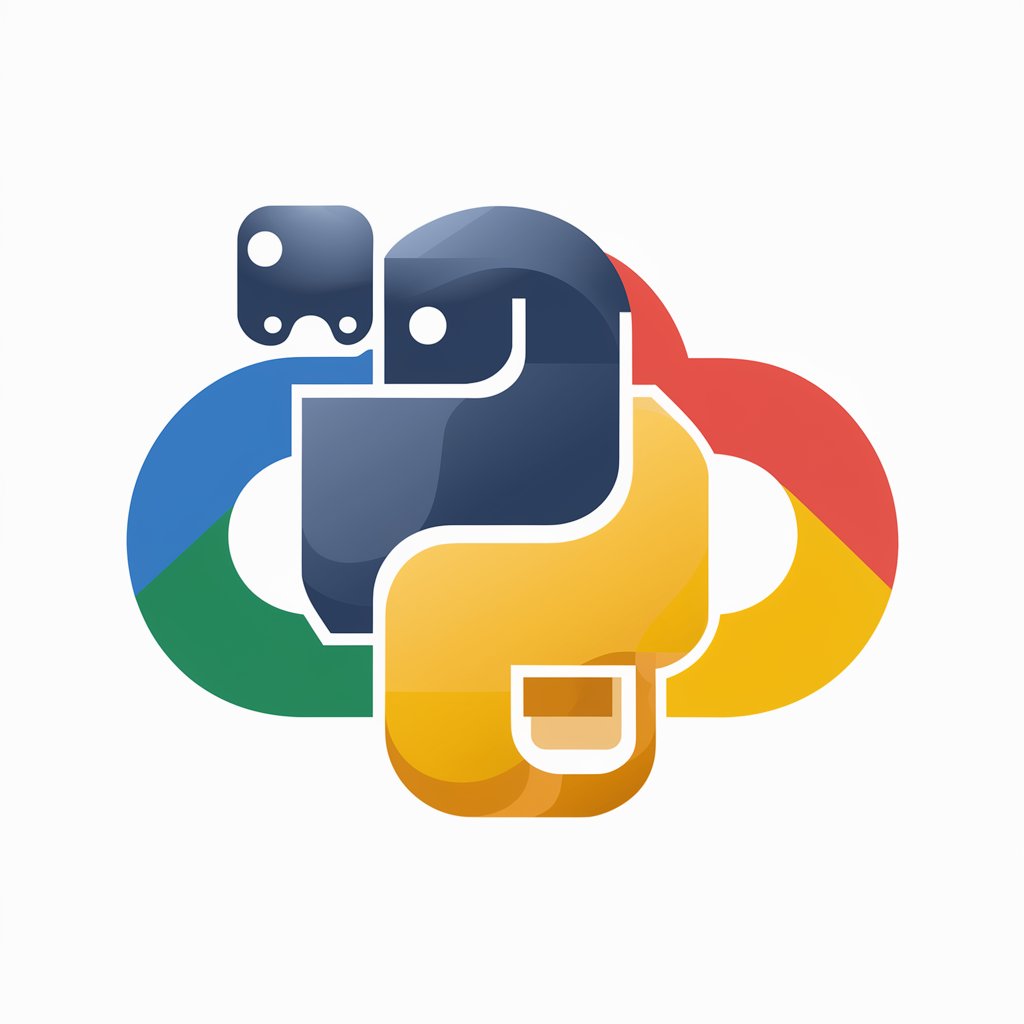
Casa Data Dude
Transform Data into Knowledge Maps
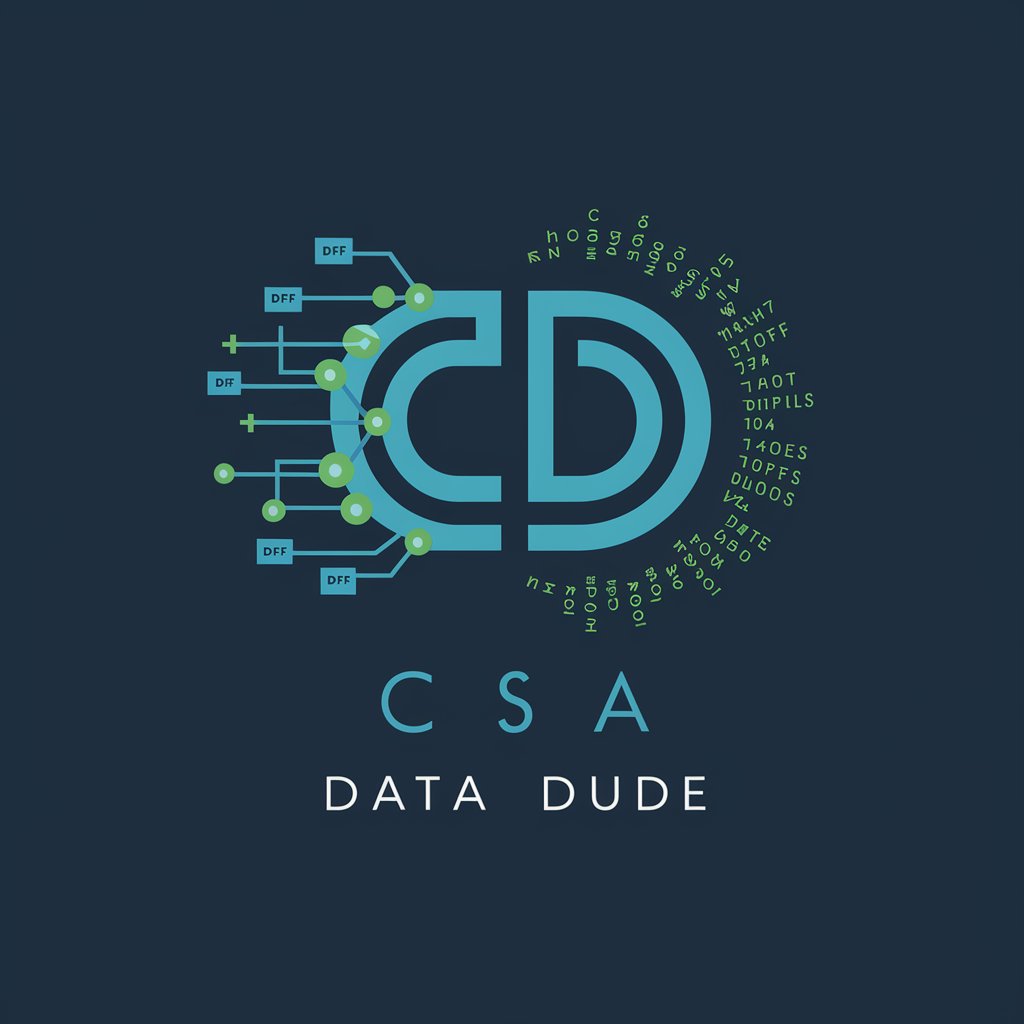
Regex Helper
Craft and refine regex with AI precision.
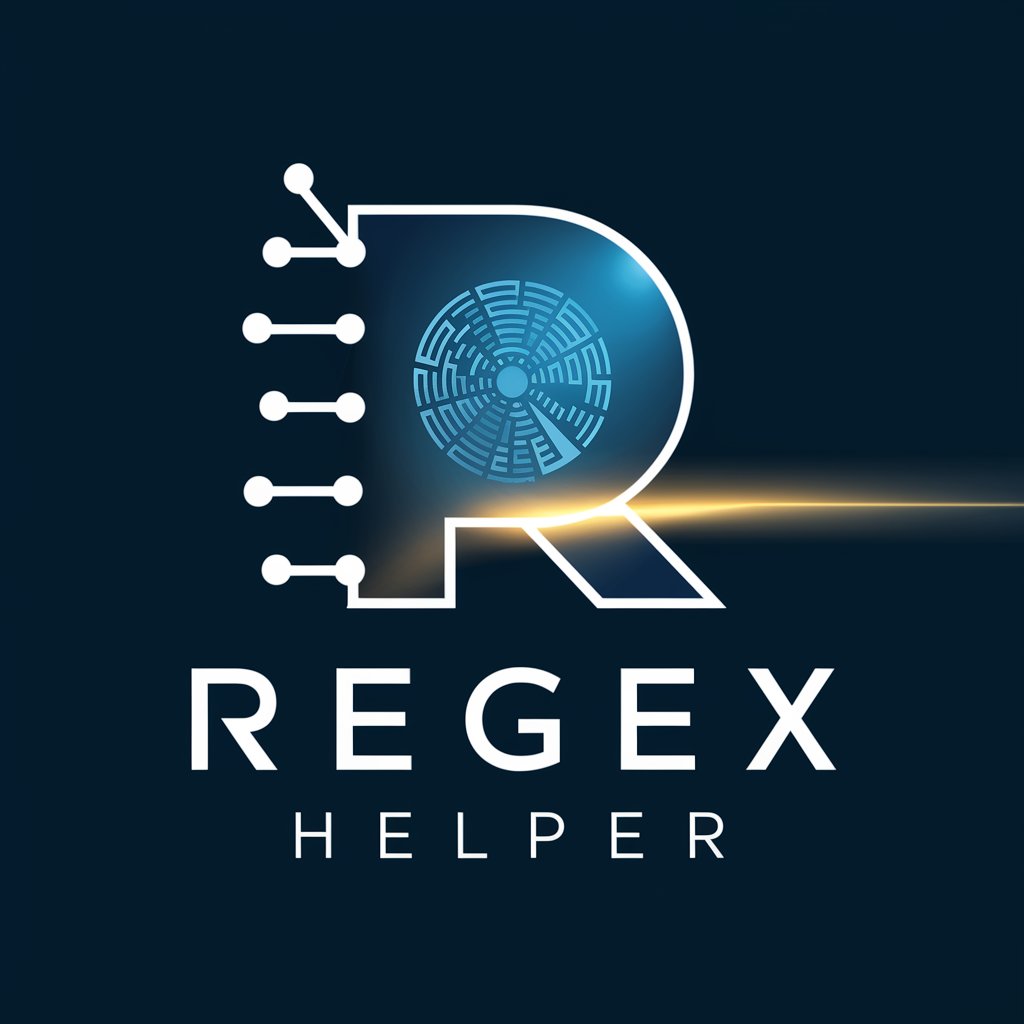
Python字符串专家
Empowering Python string handling with AI
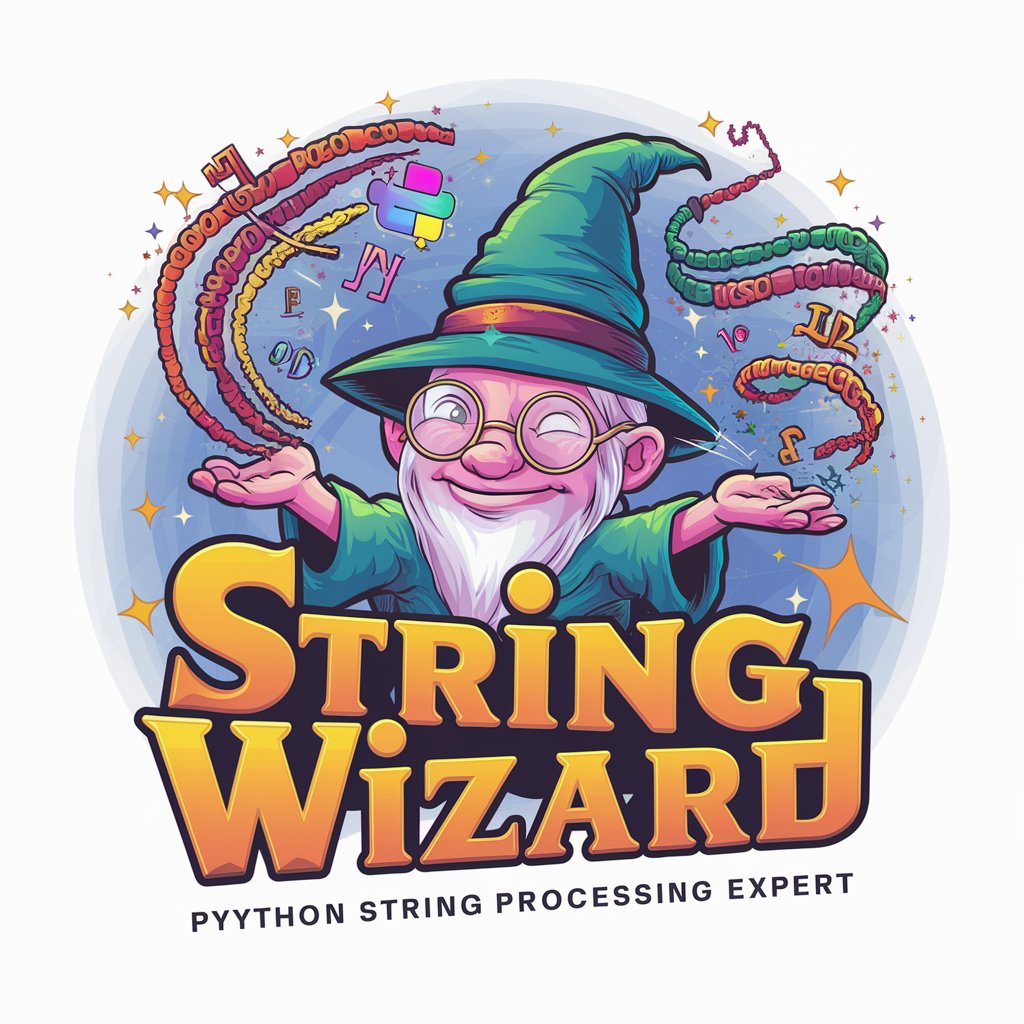
Principal Capabilities of AI GPTs in Data Parsing
AI GPTs tools for Data Parsing are distinguished by their adaptability, precision, and ability to learn from context. They can handle a wide range of data types, from text to images, and are capable of understanding nuanced linguistic and structural patterns. Special features include natural language understanding, context-aware processing, and the ability to integrate with various data sources. These tools are also capable of continuous learning, improving their accuracy and efficiency over time with more data input. Furthermore, they can be customized for specific parsing tasks, from simple data extraction to complex data structuring and analysis.
Who Benefits from Data Parsing AI GPTs
The primary beneficiaries of AI GPTs for Data Parsing include data analysts, software developers, and AI researchers, as well as novices in the field of data science. These tools are designed to be accessible to users without extensive programming knowledge, thanks to user-friendly interfaces, while also offering advanced customization options for those with technical expertise. This dual approach makes GPTs for Data Parsing versatile tools that can cater to a wide range of users, from those seeking to automate simple parsing tasks to professionals developing complex data analysis solutions.
Try Our other AI GPTs tools for Free
Storytelling Adventure
Discover the future of interactive storytelling with AI GPTs for Storytelling Adventure, designed to craft unique, immersive narratives tailored to your imagination.
Mythological Analysis
Explore the depths of myths with AI GPTs for Mythological Analysis, your gateway to unlocking ancient stories through modern technology.
Esoteric Studies
Explore the realm of the esoteric with AI GPT tools designed for esoteric studies. Unlock the mysteries of symbolism, astrology, and more through tailored AI solutions.
Timeline Organization
Explore AI-driven GPT tools for efficient timeline organization, offering intuitive interfaces, custom solutions, and advanced analysis for all user levels.
Vows Writing
Discover the magic of AI-powered Vows Writing tools designed to craft personalized and heartfelt wedding vows, making your special day truly unforgettable.
Archaeological Study
Discover how AI GPTs are revolutionizing Archaeological Study, enhancing data analysis, artifact identification, and site prediction with advanced machine learning.
Expanding Horizons with AI GPTs in Data Parsing
AI GPTs are revolutionizing the field of data parsing by offering customized solutions across various sectors, including finance, healthcare, and technology. Their ability to learn and adapt to different data types and structures, combined with user-friendly interfaces, makes them an invaluable tool for improving efficiency, accuracy, and the overall quality of data analysis. The potential for integration with existing systems and workflows further enhances their utility, making them a versatile option for both novices and professionals.
Frequently Asked Questions
What is Data Parsing?
Data Parsing involves analyzing a data file or stream and converting it from one format to another, usually from an unstructured or semi-structured format into a structured format that can be easily read and processed by computers.
How do AI GPTs improve the Data Parsing process?
AI GPTs enhance the Data Parsing process by automating the extraction and structuring of data using advanced algorithms, reducing the need for manual intervention, improving accuracy, and handling complex data structures with ease.
Can AI GPTs for Data Parsing handle multiple languages?
Yes, AI GPTs for Data Parsing are capable of processing data in multiple languages, thanks to their advanced natural language understanding capabilities. This makes them suitable for global applications.
How customizable are AI GPTs for Data Parsing?
AI GPTs for Data Parsing offer a high degree of customization, allowing users to tailor the tools to specific parsing needs, data formats, and complexity levels, making them adaptable to a wide range of applications.
Are there any prerequisites for using AI GPTs for Data Parsing?
While there are no strict prerequisites, a basic understanding of data structures and the specific data format you wish to parse can be beneficial. However, many tools are designed with intuitive interfaces to help novices.
Can AI GPTs for Data Parsing integrate with existing systems?
Yes, most AI GPTs for Data Parsing are designed to be compatible with existing systems and workflows, allowing for seamless integration and enhancing productivity without the need for significant changes to existing infrastructure.
What types of data can AI GPTs for Data Parsing handle?
AI GPTs for Data Parsing can handle a wide variety of data types, including text, XML, JSON, HTML, and even images, provided they are trained or have the capability to interpret such formats.
How does the learning mechanism of AI GPTs for Data Parsing work?
AI GPTs for Data Parsing continuously improve their parsing capabilities through machine learning techniques, which involve training on large datasets to recognize patterns, structures, and contexts within the data, allowing them to adapt and refine their parsing strategies over time.